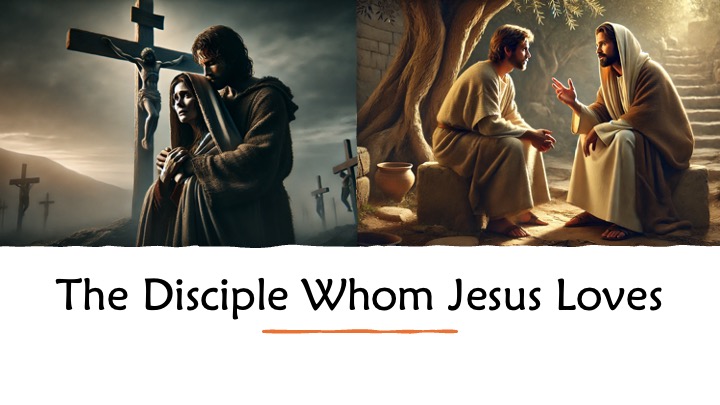In Part 14 of The Disciple Whom Jesus Loves, Jesus’ journey to the cross accelerates as he enters Jerusalem amid Passover anticipation. From Bethany, he sends disciples to fetch a donkey, fulfilling Zechariah’s prophecy of a gentle king. As he rides into the city, the crowd hails him with palm branches and cries of “Hosanna,” stirred by the miracle of Lazarus’ resurrection. But Jesus’ arrival is not triumphant in the way many hoped. He confronts corruption in the Temple, speaks cryptically of his coming hour, and issues a new commandment: to love one another. In an upper room, Jesus shares one final meal with his disciples, washes their feet in an act of radical humility, and foretells betrayal.
The episode features emotionally rich musical selections like “Servant of All” and “A New Commandment,” underscoring the gravity and tenderness of Jesus’ actions. He redefines greatness through servanthood, and communion becomes a sacred sign of his coming sacrifice. The disciples, still confused, watch as he speaks of suffering and glory in the same breath. Judas’ betrayal is quietly set in motion, while Peter boldly vows loyalty, only to be told of his imminent denial. In the midst of it all, Jesus calls them to love, not just as friends, but with the self-giving love he is about to display.
As the evening ends, Jesus leads them into the night to the Garden of Gethsemane. The weight of the moment is palpable. There, under moonlit olive trees, he invites Peter, James, and John to come with him and pray. He confesses his soul is overwhelmed with sorrow. The story pauses at the threshold of anguish, betrayal, and sacrifice. This episode sets the stage for the suffering to come, while anchoring the disciples—and us—in the unwavering love of the Servant King.

King David writes in Psalm 144:9, “I will sing a new song to you, my God; on the ten-stringed lyre I will make music...

In this bonus episode, the second of a two-part celebration of a thousand episodes, we replay highlights from our first episode, interview the founder/director...

In Part 9 of The Disciple Whom Jesus Loves, the scene shifts back to Jerusalem, where Jesus visits the Pool of Bethesda—a place crowded...